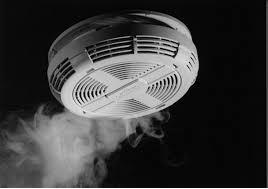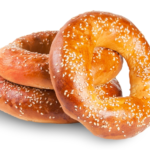Landlord’s Legal Obligation
From 01 July 2016 new regulations came in effect that require landlords to have working smoke alarms in their rental properties. The requirements state that there must be a minimum of one working smoke alarm within three metres of each bedroom door, and in a self-contained caravan, sleep out or similar there must be a minimum of one working smoke alarm. At the end of a tenancy, the landlord must ensure that the smoke alarms are in working order however, it is the tenants responsibility to ensure the batteries in the alarms are in working order and must replace the batteries (if required) during their tenancy.
In addition, the landlord must include in the tenancy agreement a statement about the insulation in the rental property: whether there is any and if present, what part of the house has insulation and what condition it is in.
Do you want tax with that?
In today’s global economy a country’s tax regime is an important determinant when businesses are deciding where and how much to invest. Recent research ranked New Zealand’s tax system number two in the world for tax competitiveness. This isn’t surprising given NZ’s broad based low rate regime and the fact we don’t have estate duty, stamp duty or a comprehensive capital gains tax.
By comparison, the United States ranked number 32 of 34. An examination of some of their rules around food could reveal why.
In New York uncut bagels are tax exempt, but an 8% sales tax is added to any altered bagels… our suggestion is to cut your own. Illinois has a candy tax, but not if the candy contains flour. Colorado charges tax on ‘nonessential packaging’, and as a result, you’re paying a 2.9% tax for a takeaway coffee lid.
If you thought these were absurd, prepare to have your mind blown. 
In California, and 30 other like-minded states, food is subject to tax if eaten on the premises or in a heated condition. Seems relatively straightforward right? Wrong. It means a hot sandwich to takeaway would be taxable, while a cold takeaway sandwich would not be. Furthermore, if a cold sandwich has hot gravy poured onto it, it becomes taxable, even if said gravy has cooled to room temperature. If a store clerk warms a customer’s cold sandwich in the store’s microwave, it becomes taxable. However, if the customer warms the sandwich using the store’s microwave, no sales tax is due.
In summary, for anyone visiting the States, remember: iced coffee, and fresh, not toasted, to go.

